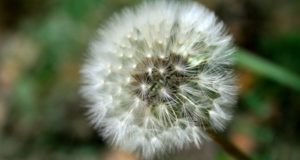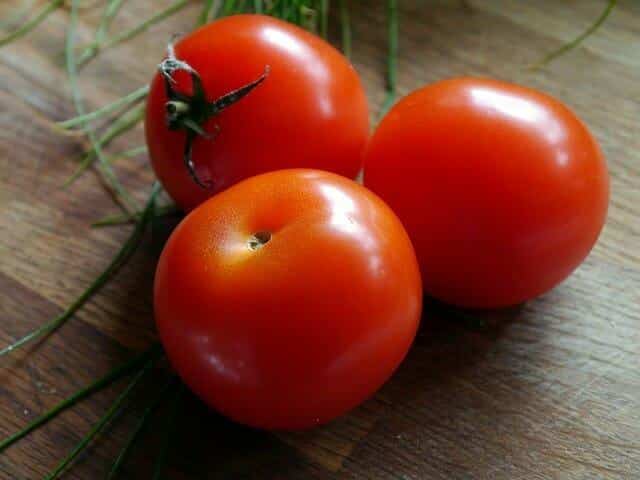And we know that in all things God works for the good of those who love him, who have been called according to his purpose.
— Romans 8:28
During my 12 years on this farm I’ve spent a lot of time trying to get rid of persistent weeds, especially burdock, with its super-adherent seeds and long tough taproots, and multiflora rose, with its fierce thorns and very aggressive spreading habits. In spite of that, the weeds stayed ahead of me.
Last summer I discovered that goats love multiflora roses and get a decent amount of vitamins, minerals and fiber from them. So when I saw the roses intruding into the orchard or the walking paths, instead of muttering angry things under my breath, I thought “New goat fodder!” This winter I learned that burdock also has its uses. That taproot that’s impossible to yank out and very hard to cut brings up minerals from the subsoil layer and stores them in its leaves, and when the leaves are used as mulch or compost they can help garden vegetables fight off soil-borne diseases. Those leaves also contain more protein than alfalfa, so they’re good as animal feed. And if I cut the plants off early and often they won’t make those awful burs…
I’m trying to learn to do the same thing with the unwanted things in my life. Failures in farming and in neighboring are frustrating, but if I pay attention to them they can also teach me a lot. Loneliness is painful, but if I sit with it prayerfully instead of papering it over it can lead to a deeper sense of the ways in which we are always one in God. My sins and shortcomings are real and problematic, and ignoring them is as unwise as letting burdock and multiflora rose take over the garden and the orchard, but if I face them squarely and work to make restitution for them I learn courage as well as compassion for other people caught in their own faults and failings.
Perhaps someday I will become open and attentive enough to let God work for the good in all the difficult and unwanted parts of my farm and my life.











